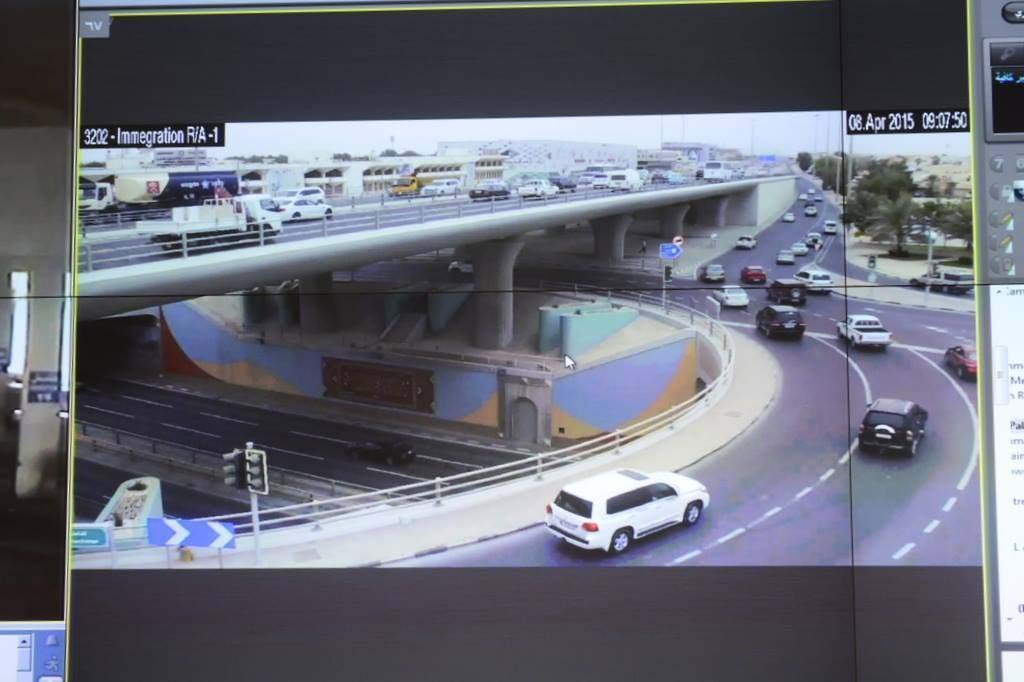
Acknowledging that Qatar’s roads don’t appear to be getting any safer, the Ministry of Interior has announced a new surveillance program that enables officers to remotely ticket motorists who talk on their phones while driving, don’t buckle up and illegally overtake other vehicles.
The move comes after 31 people died on the country’s roads in January – the highest level in at least 13 months.
Under project “Talaa,” some 124 trained officers will work shifts monitoring video feedback from cameras installed on roads and highways across the country.
The officers will look for violations that “pose a threat to public safety,” including jumping signals, driving below the speed limit and other infractions.
The license plate and location of the offending vehicles will be recorded and tickets logged. Owners of the cars would receive a notification through text message about the violation, officials explained in a statement.
Safe driving
During a trial phase conducted last month, the officers apparently spotted more than 23,000 incidences of bad driving.

The surveillance project is being launched by the Central Operations Department (COD) of the National Command Center, in collaboration with the General Directorate of Traffic and General Directorate of Information Systems.
In the MOI’s statement, COD Assistant Director Lt. Col Hassan Mohamed Ghaith Al Kuwari said:
“This project will help reduce traffic jams and force the drivers to comply with traffic rules. It will also create a safe driving environment and provide the required data about traffic movement and areas witnessing traffic jams and accidents. The cameras will be visible for motorists.”
Other efforts
Currently, the vast majority of traffic violations on Qatar’s roads are recorded by cameras, and are for speeding.
Residents often complain that police officers here do not do enough to enforce basic traffic rules. Instead, Qatar appears to be favoring using technology to keep bad drivers in check.

For example, previously the Traffic Department has discussed installing speed radars every 2 to 4km on major roads, which would make it difficult for motorists to get away with slowing down when encountering a camera and speeding up again after passing it.
And in 2013, MOI announced that it had begun installing surveillance cameras on major roads to catch drivers who queue-jump by passing on the right.
Using the “slow” right lane to overtake vehicles in the left lane is a traffic violation punishable by a QR500 ticket, but among one of several rules flouted by motorists here.
At the time, officials said the new equipment was high-tech enough to take pictures of offending car at night, but did not say when or how many cameras were being installed.
Will the new surveillance project motivate you to drive better on Qatar’s roads? Thoughts?







